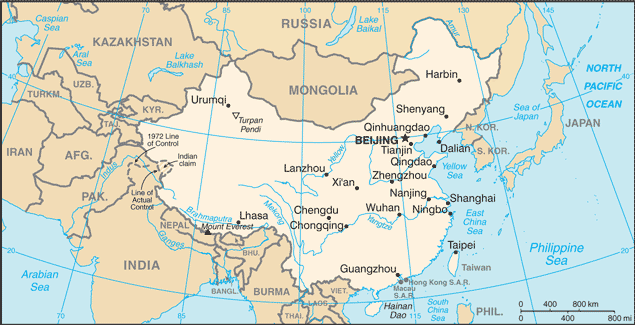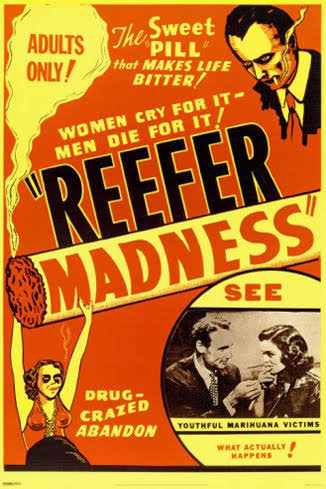 In a strange paradox, Turkey's increasingly authoritarian President Erdogan has announced that he wants to expand legal cannabis cultivation in the country. His speech unveiling the proposal even portrayed the plant's prohibition as imposed by Western powers to undermine Turkish agriculture—appealing to his traditional Islamist base, with otherwise conservative instincts.
In a strange paradox, Turkey's increasingly authoritarian President Erdogan has announced that he wants to expand legal cannabis cultivation in the country. His speech unveiling the proposal even portrayed the plant's prohibition as imposed by Western powers to undermine Turkish agriculture—appealing to his traditional Islamist base, with otherwise conservative instincts.

 With cannabis now legal in 10 US states as well as Canada, demands are growing to wipe out past convictions for personal possession. Politicians have started to respond—but not fast enough for some advocates.
With cannabis now legal in 10 US states as well as Canada, demands are growing to wipe out past convictions for personal possession. Politicians have started to respond—but not fast enough for some advocates. A House bill to legalize cannabis, removing it from the Controlled Substances Act and treating it like alcohol, is wryly dubbed HR 420. It isn't the first such bill in Congress—but with the recent change in House leadership, this time it may actually stand a chance of passing.
A House bill to legalize cannabis, removing it from the Controlled Substances Act and treating it like alcohol, is wryly dubbed HR 420. It isn't the first such bill in Congress—but with the recent change in House leadership, this time it may actually stand a chance of passing. A Chinese delegation to Israel to explore cooperation in the cannabis sector points to the East Asian giant's growing footprint in the global industry. But in a continued contradiction, the People's Republic has possibly the harshest drug laws on Earth—and, where unsanctioned use by the commoners is concerned, cannabis is no exception.
A Chinese delegation to Israel to explore cooperation in the cannabis sector points to the East Asian giant's growing footprint in the global industry. But in a continued contradiction, the People's Republic has possibly the harshest drug laws on Earth—and, where unsanctioned use by the commoners is concerned, cannabis is no exception. In a win both for cannabis freedom and racial justice, Vermont's top court ruled in favor of a motorist whose car was searched on the ostensible basis that a state trooper smelled pot—and the probable basis that he is African American.
In a win both for cannabis freedom and racial justice, Vermont's top court ruled in favor of a motorist whose car was searched on the ostensible basis that a state trooper smelled pot—and the probable basis that he is African American. In a strange irony, Vancouver is shutting down its long-tolerated but unlicensed cannabis dispensaries, pursuant to a British Columbia high court decision upholding its right to do so—even as the province struggles to meet demand amid a dearth of licensed retail outlets.
In a strange irony, Vancouver is shutting down its long-tolerated but unlicensed cannabis dispensaries, pursuant to a British Columbia high court decision upholding its right to do so—even as the province struggles to meet demand amid a dearth of licensed retail outlets. The claim that cannabis causes "mental illness" rears its dubious head like clockwork every few years, and this latest round has occasioned a virtual media frenzy—a seeming backlash to the recent advances in normalization of the herb and its aficionados. Scratching the claims, however, reveals more hype than rigor.
The claim that cannabis causes "mental illness" rears its dubious head like clockwork every few years, and this latest round has occasioned a virtual media frenzy—a seeming backlash to the recent advances in normalization of the herb and its aficionados. Scratching the claims, however, reveals more hype than rigor.





Recent comments
2 days 6 hours ago
2 days 12 hours ago
3 weeks 3 days ago
4 weeks 2 days ago
8 weeks 2 days ago
12 weeks 1 day ago
16 weeks 1 day ago
16 weeks 6 days ago
26 weeks 6 days ago
31 weeks 5 hours ago